Imagine yourself in a back alley of a questionable neighborhood, wearing a hooded coat which hides your guilty eyes. You shift your weight from side to side, resist the urge to run, and command yourself; “Be cool man. Just be cool. No one will know. Just a few more minutes and you can get what you need and saunter out of here like nutn’s going on.” Some locals walk by. You hold your phone up to your ear and pretend to be talking to someone respectable, “Yeah, I know, I was pedaling my certified-free-trade-post-consumer-waste bicycle through here earlier and it must have fallen out of my pocket. I’m looking and looking but I can’t find that organic purple kale anywhere. . . .”
That’s me. Fat girl. In the chips and candy aisle at Costco.
“Heh, heh, look girls, Red Vines!” I say loudly enough for the other people in the aisle to hear. “Won’t DAD BE GLAD we got these JUST FOR HIM?” I fling them in the cart, along with goldfish crackers and those organic corn chips I love, and burn rubber out of that seedy den of iniquity. I race, mom-hair wild in the wind, to the produce section with intent to bury my contraband with vegetables. I must answer the urgent need to balance the nutritional karma in my cart.
That’s me. Fat girl. In the drive through.
I roll quietly up to the ordering box, lights low. Don’t draw attention. Incognito is the name of my fast-food game. A frenemy drives by (probably on her way to buy whole grains and antioxidants for orphans) and I am sure I see on her naturally beautiful face a look of pity and condescension which says, “Oh, you’re at McDonalds, I didn’t know I was better than you! What a poor, ignorant excuse of a mom.” Ordering unsweetened iced tea and grilled chicken salad doesn’t help. And when I have to order for people not in my car, I experience a palpable fear that the person who takes my order will look at me and assume I’m eating all the corporate, fatty, deliciousness myself.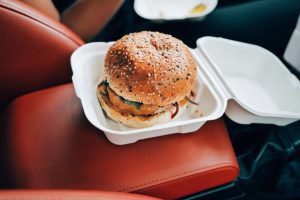
Now imagine yourself as the frenemy (friend/enemy) shoulders back, strolling through the farmers market, linen bags of local produce and organic honey under your arm. Kholrabi? Got it. Fancy French green beans? Ditto. Swiss chard? Rainbow Carrots? Juicy red tomatoes? Organic whole food meal plan? Yes, yes food universe, I am nailing it all. Let’s just hold that bag open a little so everyone can see how sumptuous and green and evolved I am.
These aren’t even going to rot in my fridge before I can decide what to do with them. No sir. Not this time. Today a rainbow of food righteousness beams out of my earth-friendly bag like it knows a pot of gold when it sees one. You see that poor slob with the hand pie and caramel corn, and you know, “Today, that’s not me!”
That’s me. Fat girl. In the check out aisle. That’s me in Trader Joes/WholeFoods/Market of Choice and the little corner produce stand. That’s me at the U-pick farms nearby in the summer. That’s me, captive. Enslaved. Idolater. Proud. Ashamed. Ugly. Fat. Stressed. Growing.
A Righteous Cart, Er . . . I Mean Heart
This is a picture of the cart load God used to show me my folly. This is me at Costco on a “good” day. I looked at the cart in front of me and effortlessly noticed that mine was more virtuous, and at the swelling of my pride, God put a mirror before my heart.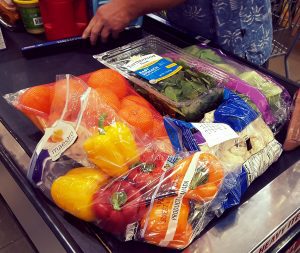
He didn’t speak audibly, but the conviction blared. Maybe my representation of these scenarios is exaggerated for effect (You’ll never know!) but they highlight two truths: the judgment is real and it’s not from God.
Weight bias is real.
In this culture, weight bias and food judgment are realities evidenced by the experience of people who are considered culturally fat–myself included–as well as by the seemingly universal fear of becoming, being, remaining, or even being perceived as “fat.”
The emotional tailspin many women experience after being called fat happens because “being fat” carries a host of negative social consequences. In our culture it’s still ok to ridicule, laugh at, and shame fat people, especially women. We can now see examples in our most revered positions, both in entertainment and politics.
Food judgment is an extension of this bias. We feel the urge to prove with our food choices that we are, at least, trying not to be fat. “Healthy” is the new righteous in our culture, is it not?
If you’re small or considered average size, you may not feel this as strongly. You may not think about who is watching you when you put marshmallows for your kid’s s’mores into your cart. But if you’re larger bodied, or have been harassed for having a larger body, like I have, then you probably feel the pressure more.
Here are a few examples from my life:
A few years ago, I walked into my local Safeway and a man–a complete stranger–looked at me with disgust and called me a “fat b****” just because I was walking into a grocery store and my body offended him. I had two baristas laugh at me and say with repulsion, “Eew, it’s a giant cup of fat!” because I had ordered an unsweetened breve (coffee with actual cream). I was trying so hard to lose weight, low-carb and I’d had a long, long day.
I’ve had my cart leered at and I’ve been pitied by friends who think I must actually eat as much as they’d have to eat to become as fat as me. Not so, my friends. I’ve been passed over for promotions and relationships, and told by an important mentor that I no longer fit the demographic of the church I was singing at.
Weight bias is real. Many of us feel it–whether we’re considered “culturally fat” and ridiculed or whether we’re afraid we will be.
But, it’s not from God.
God doesn’t shame, ridicule, or laugh at fat people (image bearers) and his children shouldn’t either.
God does not have a weight bias and his children shouldn’t either, nor should we bow down to it in our own lives.
God isn’t grading my macros. He has given me freedom to steward myself, feed myself, and learn to do these things with increasing obedience, and without condemnation. He’s willing to work-out with me and smile in my face, and pick me up after I fail to plan and that prepared whole food dinner isn’t happening tonight like I wanted. Again.
He’s with me in the Red Vine aisle, the gym in my garage, the drive through, and around the campfire eating s’mores. The freedom and acceptance granted to me by the finished work of Jesus should far outweigh the urge to look at the floor when I buy too many carbs, or to raise my nose when my produce bins are full.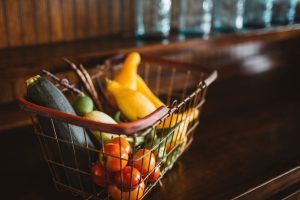
Jesus isn’t amused by our man-made food worship—neither toward righteousness nor toward shame.
When I feel righteousness at my veggies, and shame at my fries, I reveal my most gnawing hunger is for human approval.
When I am obsessed with ingredients, fearful, or wracked with confusion when I eat, I reveal that I have made laws regarding what is “clean” and “unclean” and I don’t grasp the reality of my righteousness in Christ.
When I let myself think, “Well, at least I don’t eat that!” as I notice other people’s food choices, I reveal my Pharisee heart.
This must stop.
It is for freedom that Christ has set us free, do not be yoked again into slavery.

Mindy Pickens a wife and mother who loves Jesus, her husband, their two daughters, coffee, books…and coffee. She spends her time homeschooling, tutoring in her homeschool community, and trying to figure out this whole home-maker thing. She’s a regular woman who is captivated by the gospel of Jesus Christ and is learning to surrender to the grace and goodness of God. Follow Mindy’s blog: The Remedial Homemaker here. Read Mindy’s other posts here.
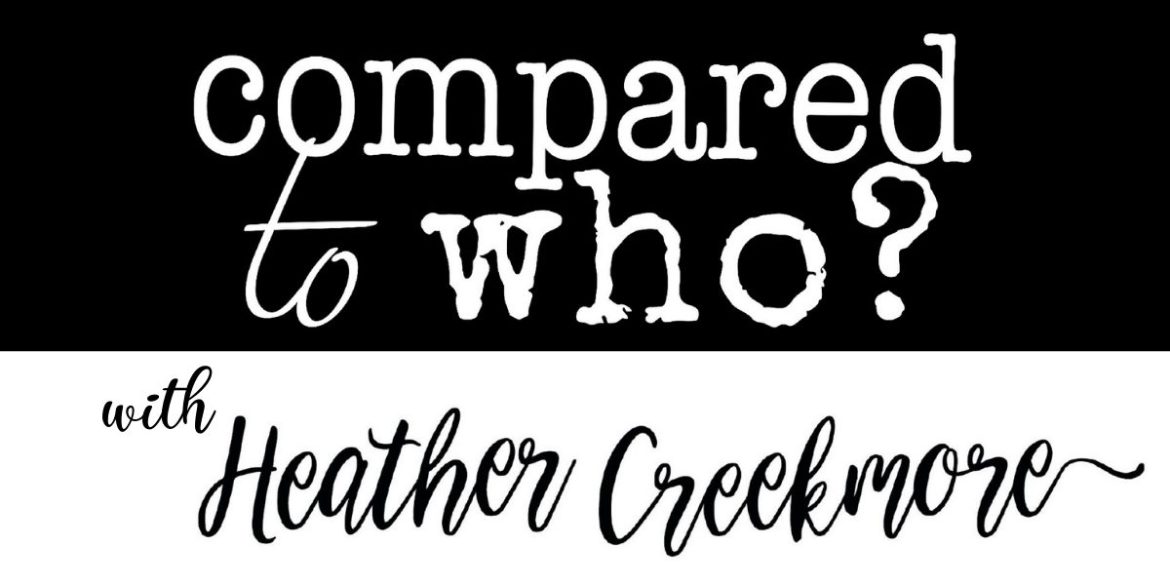
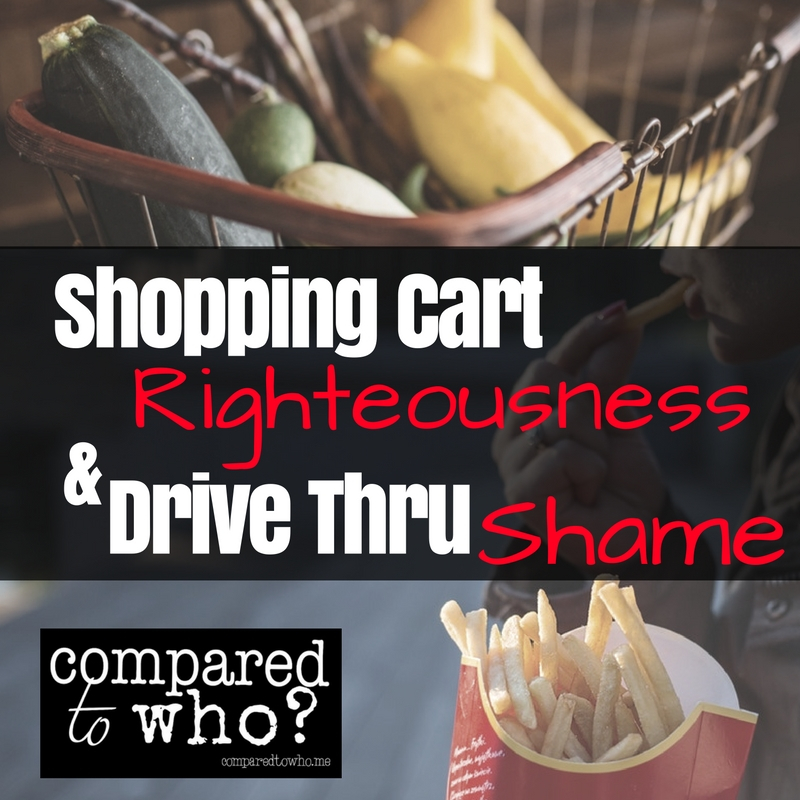

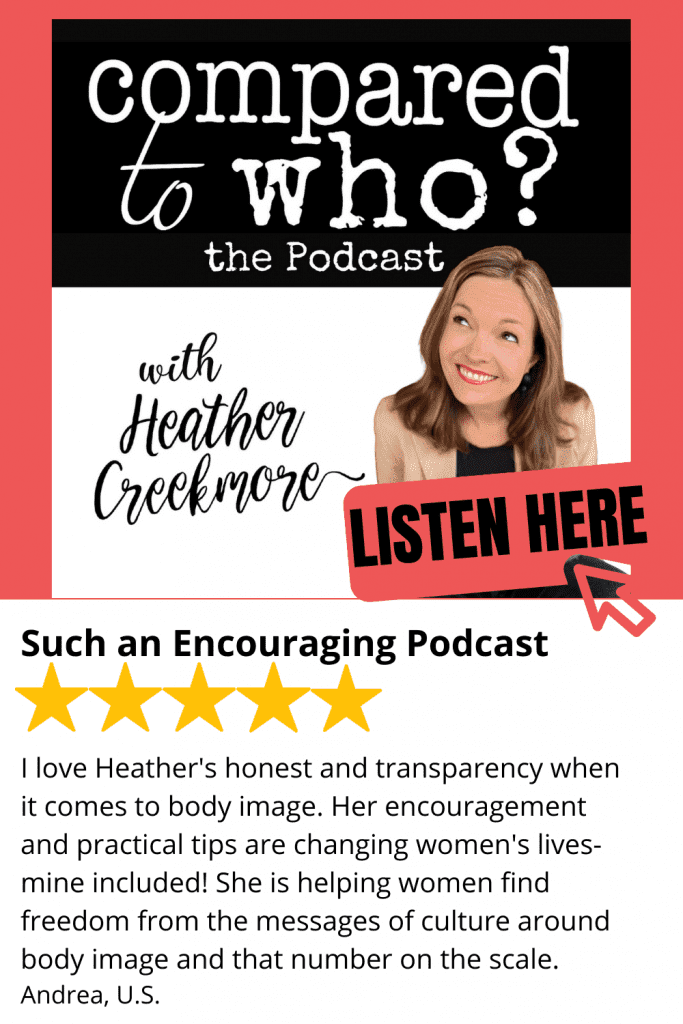

There is so much truth here and it is so well written! I tend to think that there is a reason why the Bible doesn’t talk about how many calories one should consume or how many days we should work out a week…..because it’s just not that important! Thanks for sharing, Mindy!